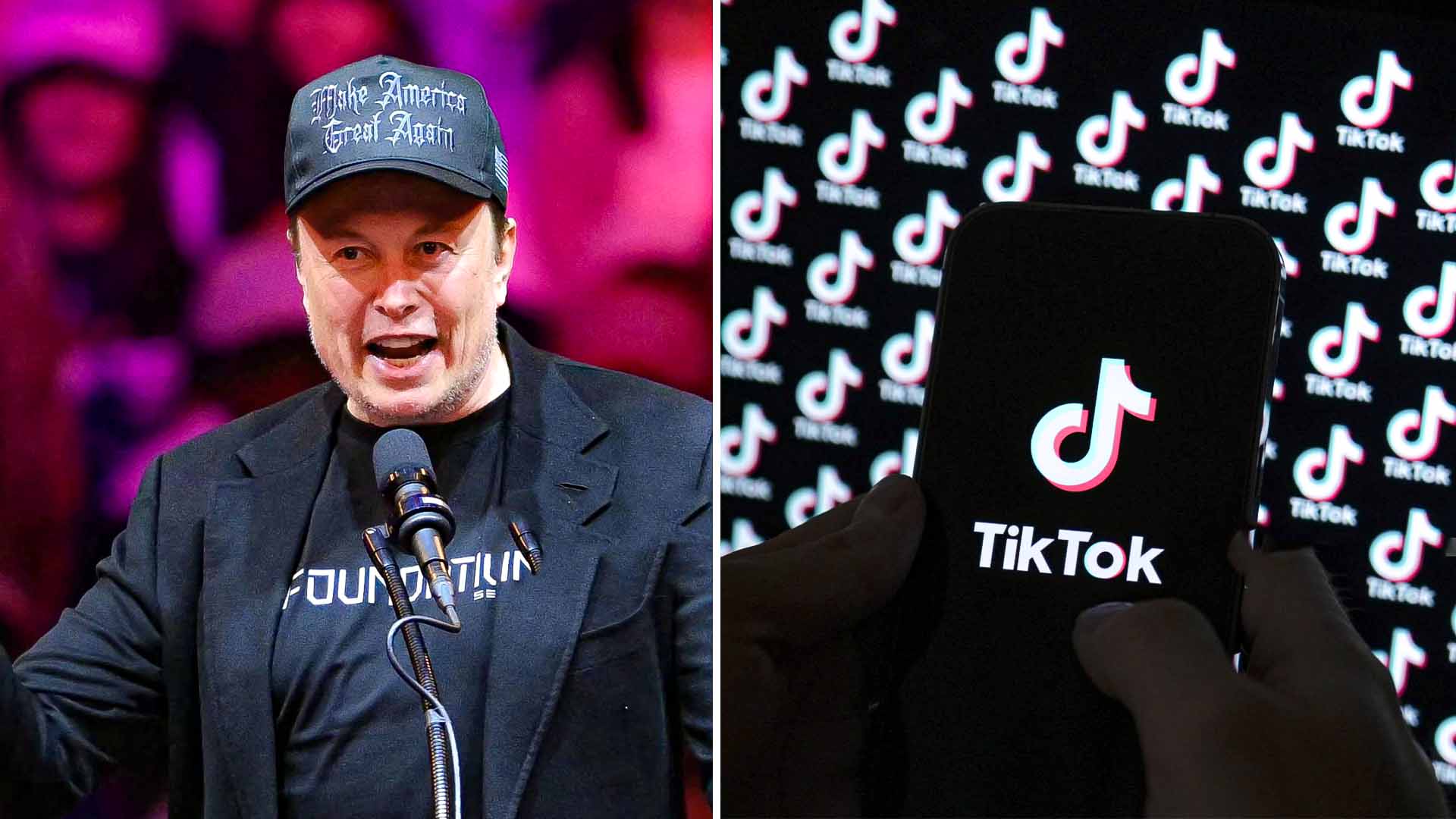The potential sale of TikTok’s U.S. operations to Elon Musk’s X has sparked significant debate, posing far-reaching implications for politics, technology, and global relations. While the move could serve multiple stakeholders’ interests, it also raises serious questions.
For ByteDance, a partial or full sale of TikTok’s U.S. arm may seem like a strategic concession to avoid a ban and maintain some revenue from the American market.
Musk, with his history of leveraging social media for influence, could view the acquisition as an opportunity to cement his position as a leading figure in technology and media, combining X and TikTok’s capabilities. Additionally, TikTok’s user base and data-rich environment could enhance Musk’s ambitions in AI through his company, xAI.
From China’s perspective, facilitating such a deal might preserve its technological influence while leveraging Musk’s extensive ties to the Chinese market.
As Tesla remains deeply dependent on China for manufacturing and sales, Musk’s acquisition of TikTok could align with Beijing’s interests in retaining an ally with direct access to influential American networks.
However, obstacles loom. ByteDance may face challenges in obtaining Chinese government approval for the sale, especially if it involves transferring TikTok’s recommendation algorithm, considered sensitive technology.
Musk’s ability to finance a $40–$50 billion deal also remains uncertain, given his strained financial position following his acquisition of X.
Moreover, the acquisition could trigger a backlash from TikTok users, wary of Musk’s controversial management style. His changes to X—such as algorithm tweaks, relaxed content moderation, and support for contentious figures—have alienated some users and could similarly erode TikTok’s appeal.
A mass exodus of TikTok users would diminish the platform’s value, undermining Musk’s and his investors’ potential gains.
Additionally, the geopolitical ramifications cannot be ignored. The deal could be a bargaining chip in U.S.-China trade negotiations, particularly with the incoming administration’s stance on tariffs and economic policy.
Musk’s close relationship with influential leaders, including Donald Trump and Chinese officials, further complicates the situation, raising concerns about conflicts of interest and concentrated influence.
The TikTok sale, if it proceeds, would reshape the social media landscape while testing Musk’s capacity to manage such a massive platform. For now, the discussions remain speculative, but the potential fallout—political, financial, and societal—ensures that this story will remain at the forefront of global attention.
